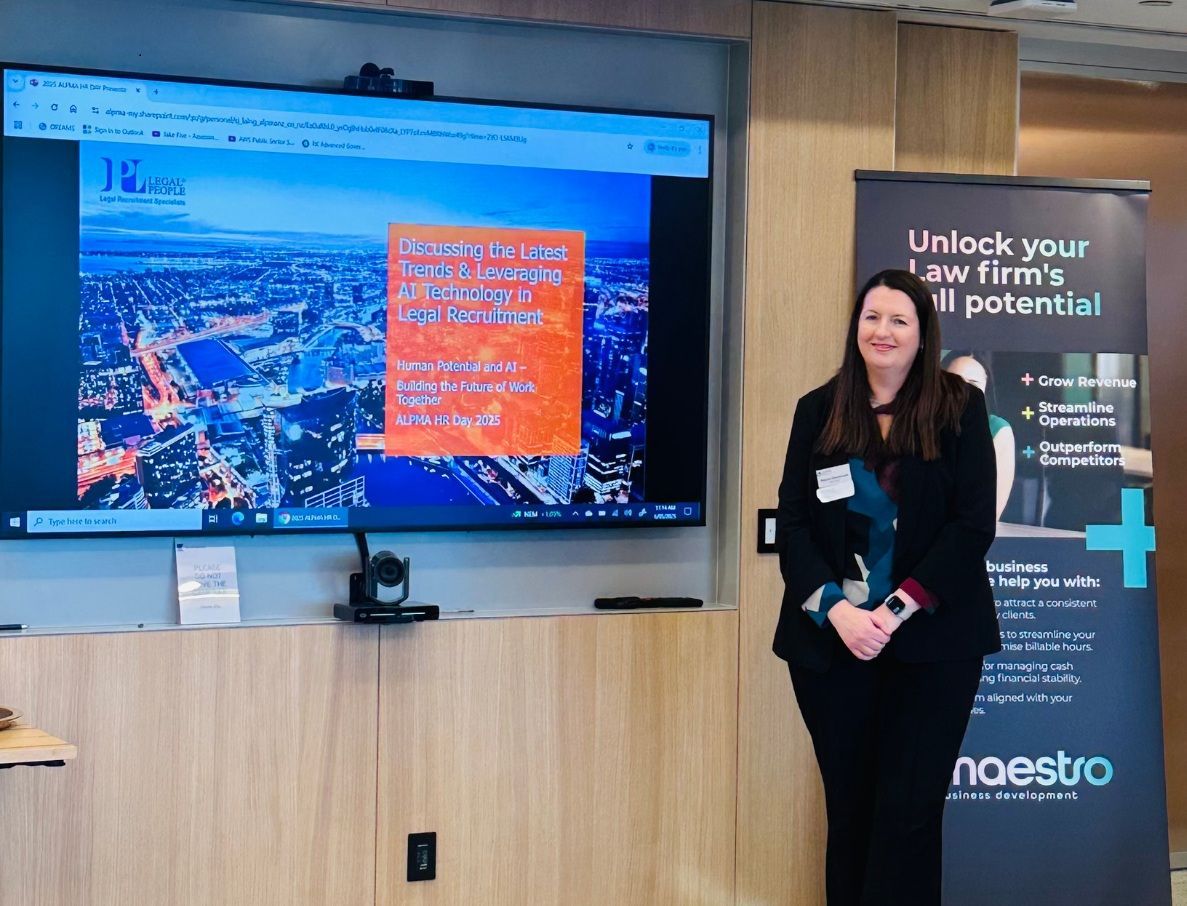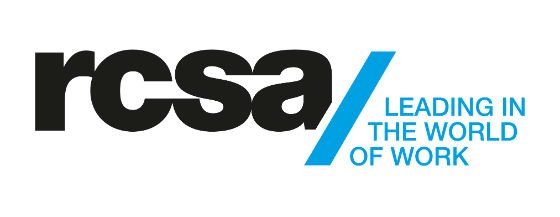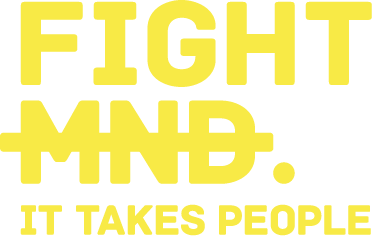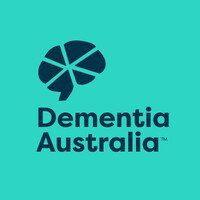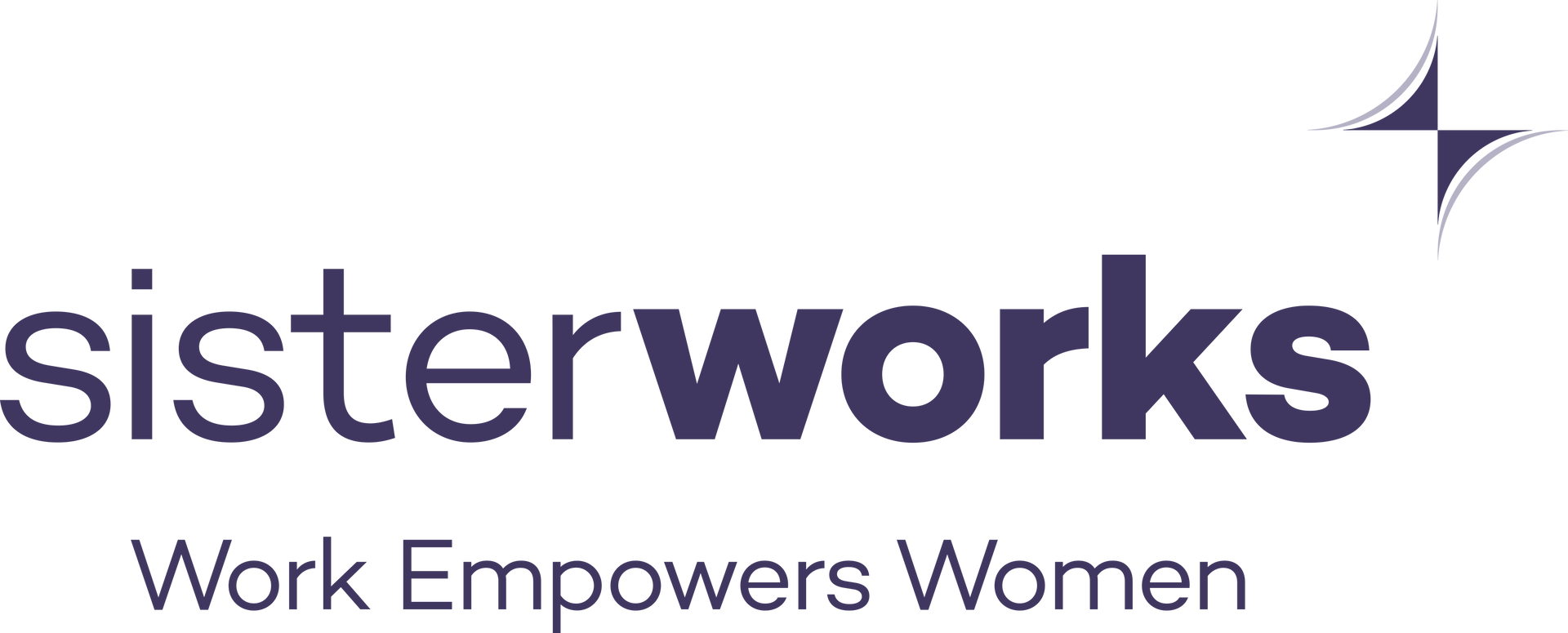The Highlights from our Resilience Event with Narelle Fraser
Mental Health is a significant issue in the Australian legal industry. As a specialist legal recruiter we are conscious of doing what we can to help bring attention to the importance of this issue in our industry and contribute to the discussion.
Accordingly, once a year around the time of RUOK? Day we host an intimate client event with a mental health focus.
This year we invited former police detective Narelle Fraser to join us to talk about her experience with mental illness and her recovery. Narelle was a member of Victoria Police for 27 years, 15 of those as a Detective with Homicide, Rape, Sex Crimes, Missing Persons & Child Exploitation Squads. She specialised in sex offences and child abuse and worked on many high profile investigations including The Body in the Boot, The Society Murders, The Mornington Monster and the 2002 Bali Bombings.
Narelle’s stories of her time in Victoria police were full of mystery, action and drama. She also highlighted many funny situations including the time she managed to arrest a drug crazed armed robber by pretending her finger was a gun!
Narelle talked about how she loved her job, but that over time it had a serious toll on her mental health. So many years of seeing and experiencing distressing things and facing the worst of human nature meant that Narelle was eventually diagnosed with PTSD (Post Traumatic Stress Disorder).
Narelle had spent years ignoring the warning signs and telling herself that stress was just part of her job. The cumulative impact of seeing too much violence, trauma and extreme sadness meant that she battled along in silence. At the time she felt both ashamed and humiliated when she realised she was no longer coping. She felt like she was slowly unravelling and experienced at least one episode of amnesia in her workplace.
Narelle’s recovery from PTSD took a long time and meant that she could no longer pursue the career that she loved. She had to accept her diagnosis and spent many hours with doctors and psychologists. She attended a PTSD hospital clinic and tried many different types of therapy, both traditional and those that are a bit more “out there”.
Narelle’s experience meant that she had personal insight into the symptoms of mental illness. Many of these symptoms she had ignored during her Police career. These are the signs to look out for in yourself, friends and family or colleagues.
Symptoms of Mental Illness
The symptoms are many and varied. Some of the symptoms that suggest you may be suffering from a mental illness may be any combination of the following:
- Nightmares/ sleeping a lot
- Unusual anger/ impatient/ frustrated/ can’t be bothered
- Flashbacks and triggers
- Hypervigilance (feeling responsible for everyone’s safety and happiness)
- Social withdrawal
- Going to work early, staying late, working on days off to attempt to manage your workload
- Migraines
- Panic attacks, palpitations, shaking
- Feeling overwhelmed/ confused/ lack of concentration
- Diarrhoea and anxiety
Alarming Statistics in the Legal Industry
Narelle is now a mental health advocate and also features on the Australian True Crime Podcast hosted by Meshel Laurie and Emily Webb. In her presentation to a packed house she presented some truly alarming statistics relating to mental health in the legal community. They included:
- 1:3 solicitors, 1:4 barristers will suffer a depressive illness during their career
- 10% of the legal profession will contemplate suicide in any one month
- There are 44 suicides every week in Australia and ¾ of these are male
- Anxiety is more common than depression.
Narelle wondered why the legal profession was so highly represented in the statistics. She suggested that it may relate to:
- The adversarial nature of the profession
- The legal industry tends to attract high achievers and perfectionists
- Many legal cases relate to trauma and sadness
What to do if you feel you are Not Coping
The statistics above certainly suggest that a large proportion of our legal community will be impacted at some point in their career by either their own mental health issues or by that of a colleague.
Narelle suggested taking the following approach:
- Have the strength to seek help and talk to someone
- If you feel like you are not doing well, you are probably not!
- Access available resources at sites like https://www.beyondblue.org.au/ and https://mindscount.org/ and https://www.lifeline.org.au/
- Make use of tools such as mindfulness, meditation and use phone apps to make them easily accessible.
- Exercise regularly
- Make the effort within your organisation to talk about mental illness regularly so that it can continue to be normalised.
We have seen many law firms taking action in the mental health space in recent years and this has included wellness programs and employee assistance initiatives. Clearly, while these are steps in the right direction, as a community there is still work to be done.
We would like to thank the remarkable Narelle Fraser for sharing her career highlights and experience with PTSD. She certainly got us thinking about what more we can do. There are many resources available for workplaces to support their employee’s mental health such as
Heads Up. If the statistics provided by Narelle and in this article have alarmed you, why not take meaningful action this week to support your own mental health and that of your colleagues.
If you or someone you know needs urgent support talk to someone you trust or contact a crisis support service, such as beyondblue on 1300 22 46 36, Lifeline on 13 11 14, or 000 in an emergency.

